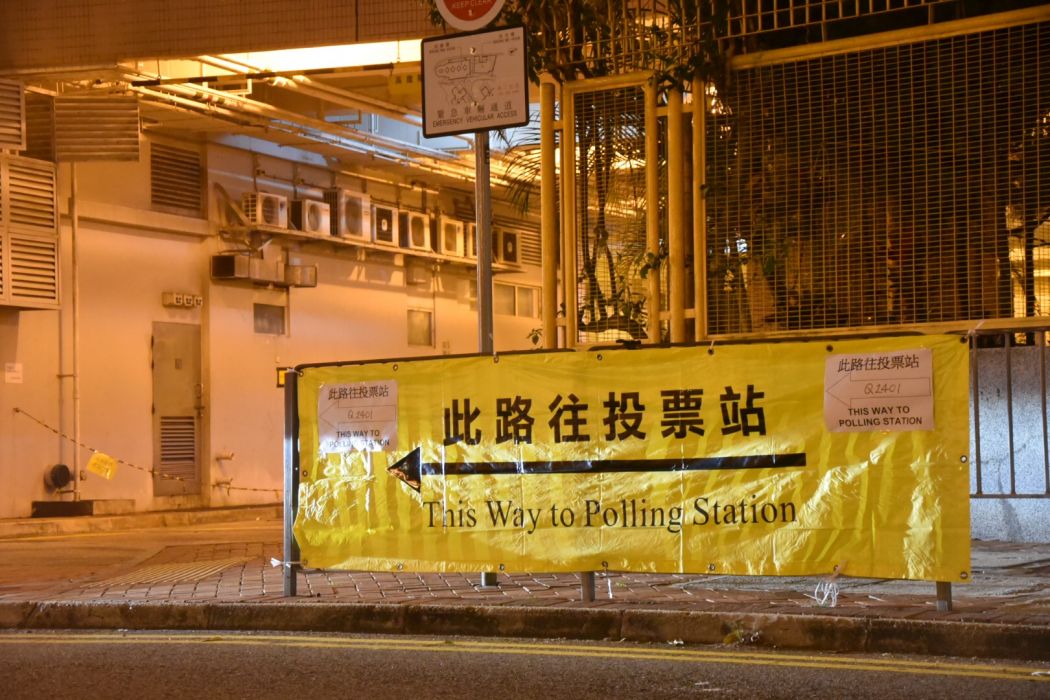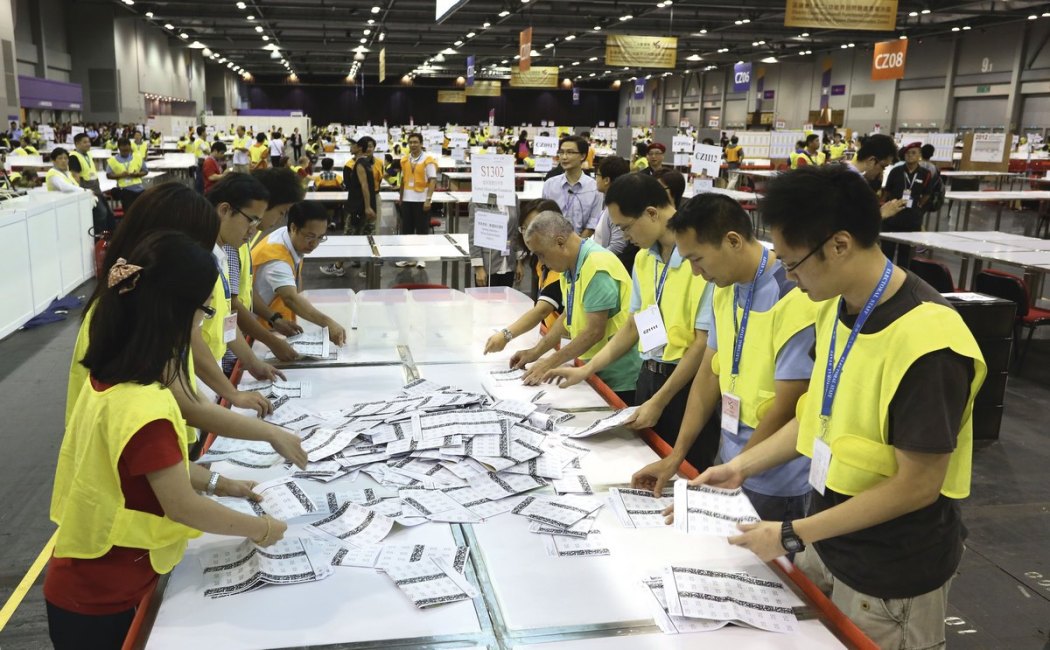Calling on others to cast protest votes in Hong Kong’s upcoming elections may be illegal under the security law, a pro-Beijing lawmaker has warned.
Pro-Beijing lawmaker Paul Tse said during an RTHK programme on Monday that urging Hongkongers to cast blank votes in protest over Beijing’s new electoral overhaul for the city may classify as “inciting subversion” under the security law.

“I am not saying it would definitely breach the [national security] law and I don’t think it should… But that’s my word of caution,” the lawmaker said. He added that there was no current law against the casting of blank votes and that he did not see the need for such a regulation.
Tse’s comments come after city officials signalled they were mulling regulations to prevent Hongkongers from casting blank votes. In statements to reporters over the weekend, Secretary for Constitutional and Mainland Affairs Erick Tsang said the government was considering the issue and would make any necessary arrangements.
Secretary for Justice Teresa Cheng, meanwhile, said that voting was every citizens’ civic responsibility and called on Hongkongers not to cast blank votes.
‘Grey areas’
Addressing potential regulations to ban blank votes in an interview with Commercial Radio later on Sunday, legal scholar Johannes Chan said that regulating against the casting of blank votes will lead to “grey areas,” saying voters may also tick every candidate in protest. He added that casting blank votes is a form of the freedom of expression and is a very common occurrence during elections.

Separately, Democratic Party Chair Lo Kin-hei said voters cast blank votes if they do not support any candidates and that any attempt by the government to regulate against the casting of blank votes was “uncivilised” and would be an “unsettling” development.
Beijing passed a law delineating a new electoral process in Hong Kong last Tuesday to ensure only “patriots” can run the city. The new law reduces the ratio of democratically-elected seats in the legislature and ensures all candidates will be screened by national security police and be approved by a vetting committee of executive officials.
Beijing and the local authorities have said the overhaul was necessary and have denied it diminishes democracy in the city. Beijing’s drastic changes to Hong Kong’s electoral system have drawn international condemnation for effectively banning all democrats from running for office.
Hong Kong has three upcoming elections, an election for the Election Committee in September, elections for the Legislative Council in December and the Chief Executive elections next March.
Support HKFP | Policies & Ethics | Error/typo? | Contact Us | Newsletter | Transparency & Annual Report | Apps
Help safeguard press freedom & keep HKFP free for all readers by supporting our team
























